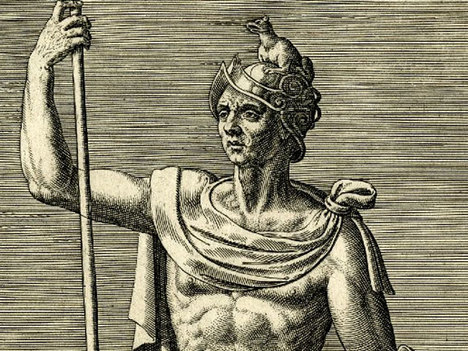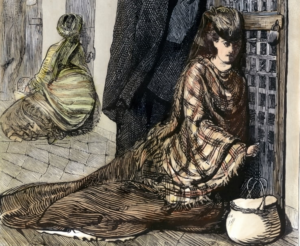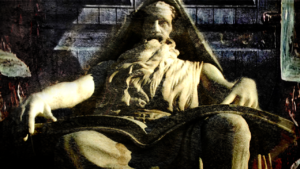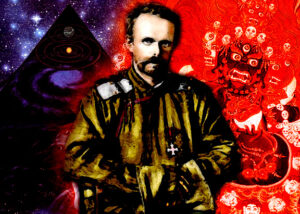The Hero as a Dangerous Dreamer

By Iásonas Lupus & Brendan Heard.
We employ the mind to rule, the body to serve.
– Sallust

A man who cannot dream should not rule over other men. A man with no imagination, though practical, is crippled. He will homogenize those beneath him with utilitarianism, he will pave over the flourishing garden of his state with cement for a superficially practical convenience. He will make splendor drab and beauty desolate. He will know only routine, avoiding at all cost risk or action, and thereby never have greatness. He will react with anger (fear) and subjugate potential dreamers and romantics who remind him of his appalling deficiency, he will be as a startled animal before all those who might challenge the callous banality of his ruler ship.
The ruler who cannot dream is a tyrant, he despises creativity because he can not recognize it. Any ideas which can transform the world are viewed as threats, and are twisted into a subject of preposterous mockery by his hoary council of convention-priests, who rally about the creative idea and guffaw like grim hens. The value and significance of once world-changing artistic activities they reduce to a trivial hobby. The dreamer endangers the tyrants efficiency-illusion, his social acceptance uniformity, and those under threat belittle this hero, but their laughter is fake, and behind it a shrill fear.

The true aristocrat, who is a dreamer, wants to live in a way which is adventurous and innovative, to make his life a romantic forest of opportunities, only to explore and create. Not to make money, not to feel safe. His ways involve peaks of success and failure, but never a boredom. Roman patricians of classical antiquity were often such guiding dreamers; envisioning sacred cities and towns — squares, markets and temples built in wild uninhabited deserts. The dead and lonely sand dunes the dreamer patrician imagined as irrigated and verdant, fed from a deep well, which was then dug into reality, to whatever depth necessary. And when he drew the water this visionary made the desert green, and a trade route was marked upon the map. Cities were built to become dwelling places for the gods, where pilgrims came to worship and praise the divine mystery.
This power to dream has been associated with priests and shamans since the dawn of history. The priestly aristocrat discovers inspiration to create in the real world from forms grasped in dream-like states of sub-consciousness. Heroic visions thus become material reality, though they are often outrageous, and require faith in an idea or ideal. That factor, however, abhorrent to the man who cannot dream, is the key to constructive potency. The bravest adventurers and warriors have always been dreamers, and we want to read of them as having been so in their recorded legend. Possessed by poetic sensibilities, filled with wanderlust. We do not seriously elevate the accountant, the banker, the economist, comprised by bourgeois sentiments.
Why would we?
All men dream, but not equally. Those who dream by night in the dusty recesses of their minds wake in the day to find it is vanity; but the dreamers of the day are dangerous men, for they act their dreams with open eyes to make it possible.
– T. E. Lawrence











